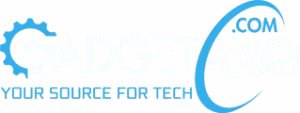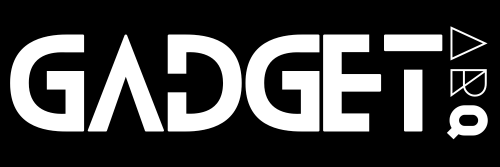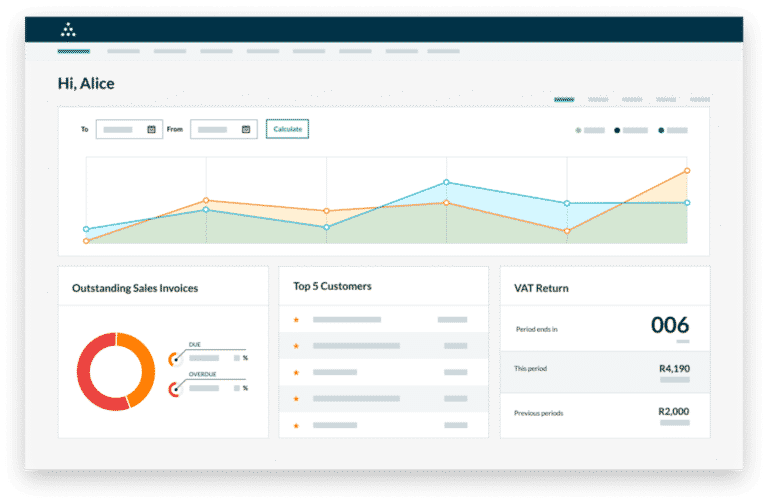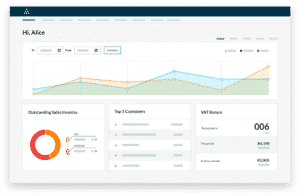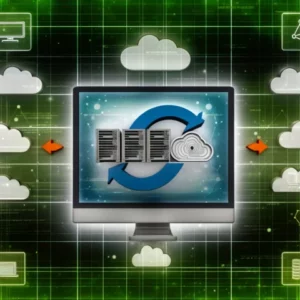Sage is a British firm that has been providing online accounting software for a long time. Sage Business Cloud Accounting is the company’s most recent iteration. As the name implies, it provides the flexibility and dependability of a cloud-based solution.
The initial name of this service was Sage One, but it has now evolved into a more robust bundle that differentiates from Sage’s 50cloud offering. The most obvious advantage of Sage Business Cloud Accounting is the flexibility and scalability that a cloud back-end provides.
Sage is also continually expanding, with particular accounting, payroll, and HR tools designed specifically for small businesses in the UK market. Sage Intacct, Sage200cloud, and the more specific cloud-based ERP Sage X3 are also available for medium-sized businesses. Partner accounting and payroll alternatives, with an increasing focus on automation, cater to professional accountants and bookkeepers as well.
QuickBooks, Xero, Zoho Books, Kashflow, and FreshBooks are some of the competitors worth examining. In view of the current coronavirus epidemic, all viable approaches should come in handy. Let us read Sage in detail.
What will you see here?
Price & Plans
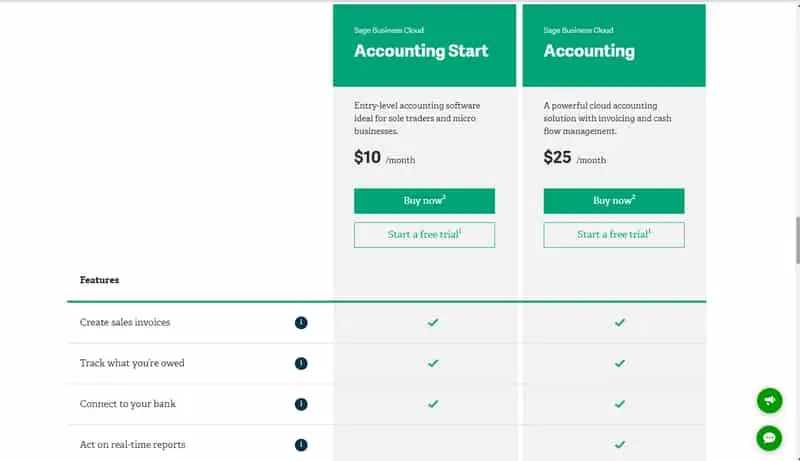
If you enjoy the appearance of Sage Business Cloud Accounting‘s most current edition, the good news is that you may try it for free. This is a terrific method to get a hands-on feel for the cloud-based accounting service. However, there are two more alternatives if you want to go deep into its features. Sage One Start costs $10 per month, and Sage One Accounting costs $25. If you want access to over 100 linked applications to help you maximize the potential of Sage’s cloud-based service, the Accounting bundle is the one to choose.
The Sage 50cloud Accounting software is another option for small business accounting. “The ease of the cloud combined with the capability of desktop accounting software” is how this works. Sage accounting integrates with Office 365 Premium and the Windows Small Business Productivity Suite using this solution. This provides important cloud-based services such as OneDrive backups, Excel financial reporting, and Outlook contact access.
The Pro Accounting tier starts at $46.83 per month. It comes with the restriction that it only allows a single user at a single firm, and the option to join Microsoft 365 for an annual membership of $150 per year. It can also organize bank feeds and allow your accountant to view them remotely.
Features
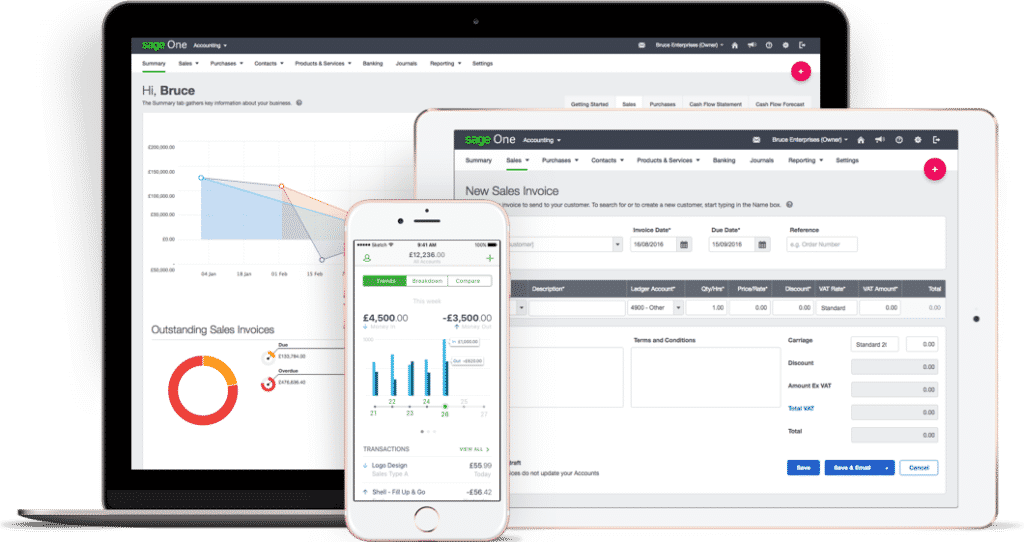
Sage Business Cloud Accounting receives frequent revisions. The most recent version is ideal for small firms looking for a simple solution. Once you’ve joined up, Sage Business Cloud Accounting will not only help you with accounting. However, it will also make sales monitoring, reporting, and contact management much easier. Within the confines of a cloud-based service, you’ll be able to collect and receive payments, produce and send invoices, and keep track of bookkeeping tasks.
Sage Business Cloud Accounting also has the added benefit of allowing you to use the same strong features on your desktop, tablet, or phone. That way, you’ll always be on top of your finances, no matter where you are.
Users in the United Kingdom will see a different version of the theme. Sage is a small company accounting suite that allows you to manage invoicing, cash flow, taxes, and payments, among other things. It also offers a Payroll feature that allows you to pay up to 50 employees. Although, remaining completely compliant with HRMC. Sage’s Sage HR package, which used to be known as CakeHR, now handles HR difficulties as well. It’s a never-ending battle to remain on top of new laws and regulations and the changing face of the industry.
Performance
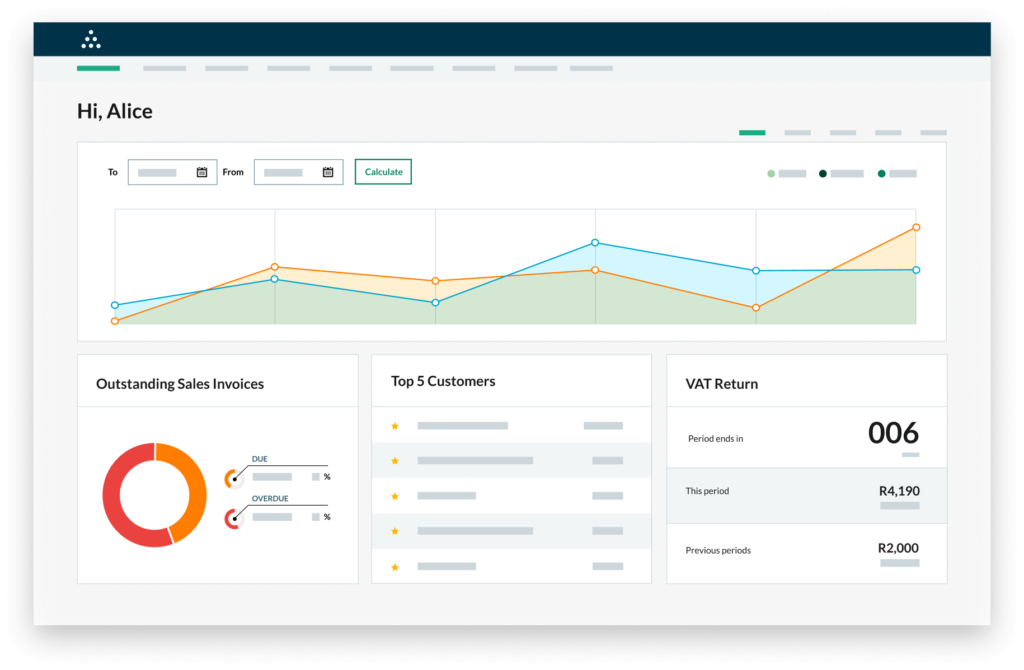
Sage has been there long enough to recognize the value of providing a service that can be utilized by a wide range of consumers that want accounting services. As a result, there are versions for Windows, Mac, Android, and iOS devices. Also, a web-based version for everyone with a browser.
It requires an internet connection, as you’d anticipate from a cloud-based system, but all data is saved on the cloud. Sage provides dependable service in this regard, and its performance has been fine-tuned through time to ensure that you have a good time.
Use-Design and Features
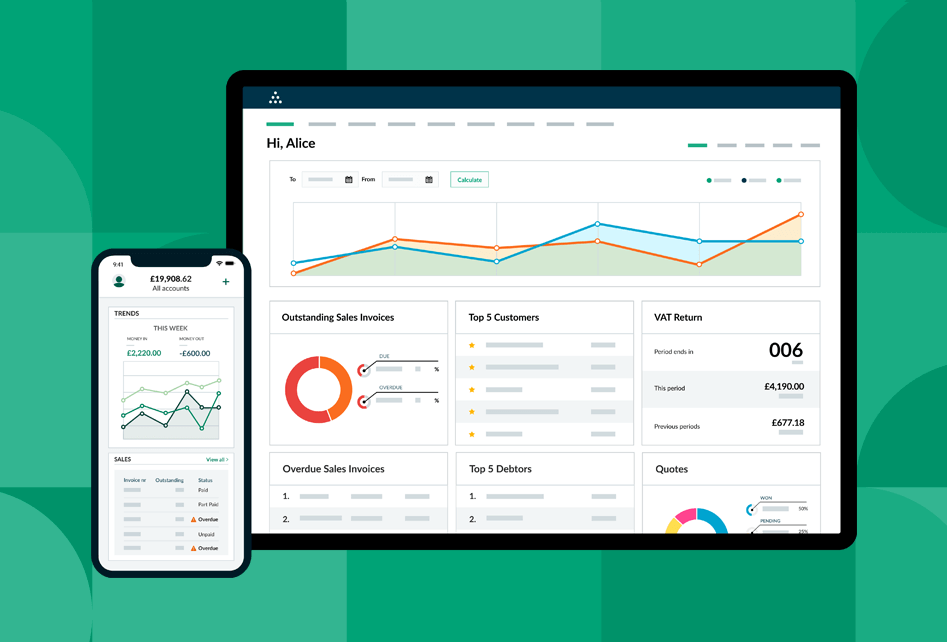
Sage online accounting software is a bit of a drab experience in terms of design, but it does provide a complete set of tools and capabilities. If you’re unfamiliar with its features, you could find it difficult to get started because there’s a lot to learn during the first setup. This is done through a Getting Started screen, which may be turned off if desired.
Of course, you can import a lot of data and link it to your financial agencies, so most of your accounting statistics will populate the different categories on their own. Nonetheless, there’s still a lot to take in when it comes to the Sage Business Cloud online Accounting software interface, but once you’ve gotten the hang of it, you’ll be OK.
Sage has done an excellent job of bringing the same experience to its mobile apps, with unexpectedly high results on both iPhone and Android. It’s even available on the Apple Watch.
Support

If you require assistance, you will have a variety of alternatives to choose from. Sage online accounting software has this component of their company down to fine art, with choices for email, phone, and even live service.
There is also the option of filing support requests for ongoing difficulties that cannot be handled with a rapid response. In such a case, your inquiry will be queued and hopefully answered as soon as feasible. You also have the advantage of a strong sense of community within the Sage community, as well as conveniently accessible and extensive FAQs that answer many common queries and conundrums.
Conclusion
Sage Cloud Business Accounting has become a trustworthy solution for a long time. Also, many single traders and small enterprises continue to use it. Despite the fact that it has a large number of functions, the interface might be a bit uninteresting.
Some aspects of the process appear to be too tedious, and functionality such as time-tracking and payment choices are absent. The competition is posing a threat to Sage Cloud Business Accounting. While the brand Sage is readily recognizable, the cloud-based accounting system does not meet the needs of users in the same manner that QuickBooks Online does.
While the lowest Accounting Start tier is reasonably priced, it is fairly limited and only suitable for a real microbusiness. The Higher Accounting tier, on the other hand, is much more competent, and the 50cloud variation has tight interaction with Microsoft365. However, the cost is significantly more than the lowest plan. These higher plans become an economical choice for medium to bigger small businesses without specialized accounting services.
